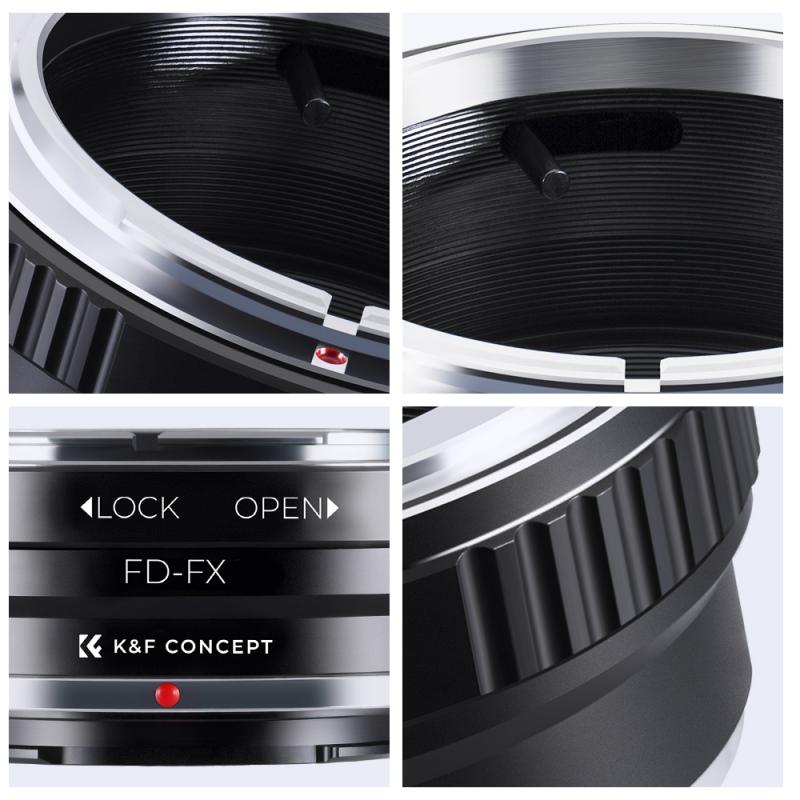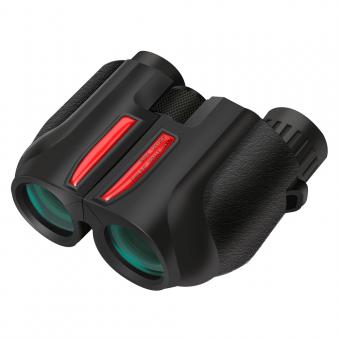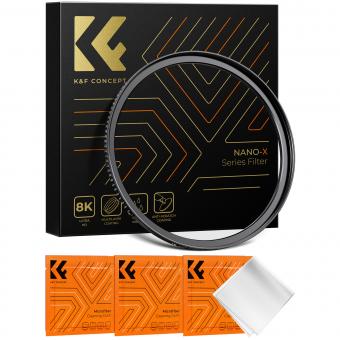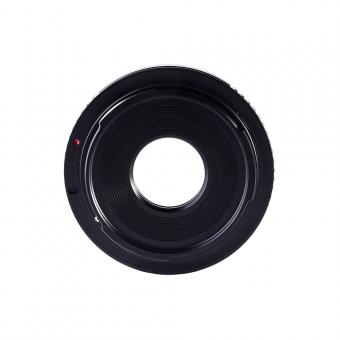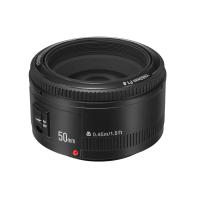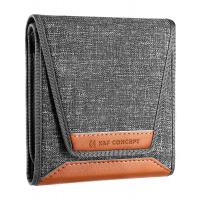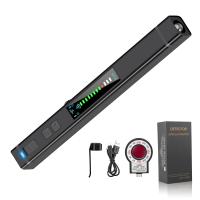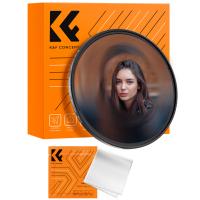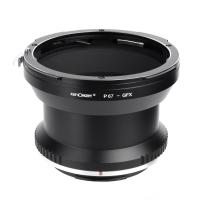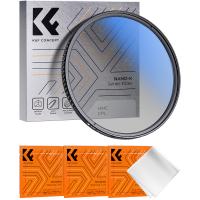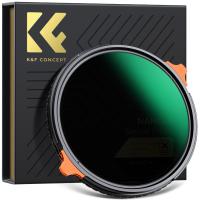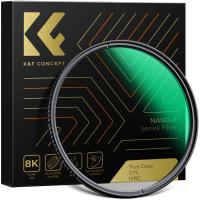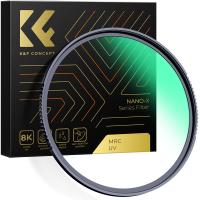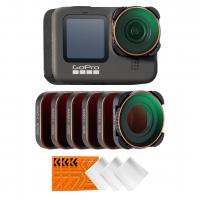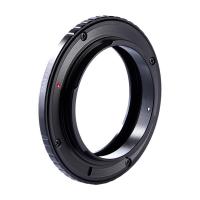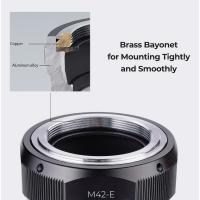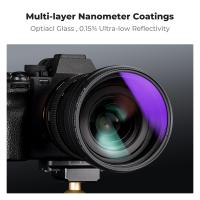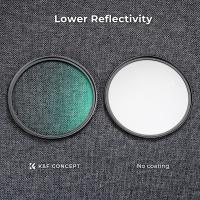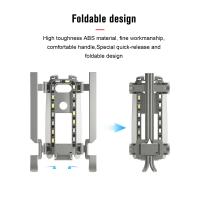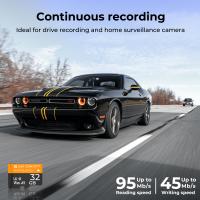Are Canon Fd Lenses Any Good ?
Canon FD lenses were a popular line of lenses produced by Canon from 1971 to 1987. They were designed for Canon's FD lens mount system, which was used on their manual focus SLR cameras. FD lenses are generally well-regarded for their optical quality and build construction. They offer a wide range of focal lengths and aperture options, making them versatile for various photography needs. However, it is important to note that FD lenses are not compatible with Canon's current EF or RF lens mounts without the use of an adapter. Overall, Canon FD lenses can still produce excellent image quality and are sought after by vintage lens enthusiasts and photographers who enjoy shooting with manual focus lenses.
1、 Optical Quality: Sharpness and image quality of Canon FD lenses.
Canon FD lenses are highly regarded for their optical quality, making them a popular choice among photographers. These lenses were produced by Canon from 1971 to 1992 and were designed for their FD mount cameras. While they are no longer in production, they are still widely available on the used market.
In terms of optical quality, Canon FD lenses are known for their sharpness and image quality. They produce crisp and detailed images with excellent contrast and color rendition. The lenses are well-built and have a solid feel to them, which adds to their overall appeal.
One of the advantages of Canon FD lenses is their compatibility with modern digital cameras through the use of adapters. This allows photographers to continue using these lenses on newer camera bodies, taking advantage of their optical qualities. However, it is important to note that some functionality may be lost when using adapters, such as autofocus and electronic aperture control.
It is worth mentioning that while Canon FD lenses are generally considered to be of high quality, there may be variations in performance between different lens models and individual copies. Some lenses may exhibit slight softness at certain apertures or have minor optical flaws. However, these issues are often minimal and can be easily corrected in post-processing.
Overall, Canon FD lenses are still highly regarded for their optical quality and are a great option for photographers looking for affordable and reliable lenses. They offer excellent image quality and can be a valuable addition to any photographer's kit.
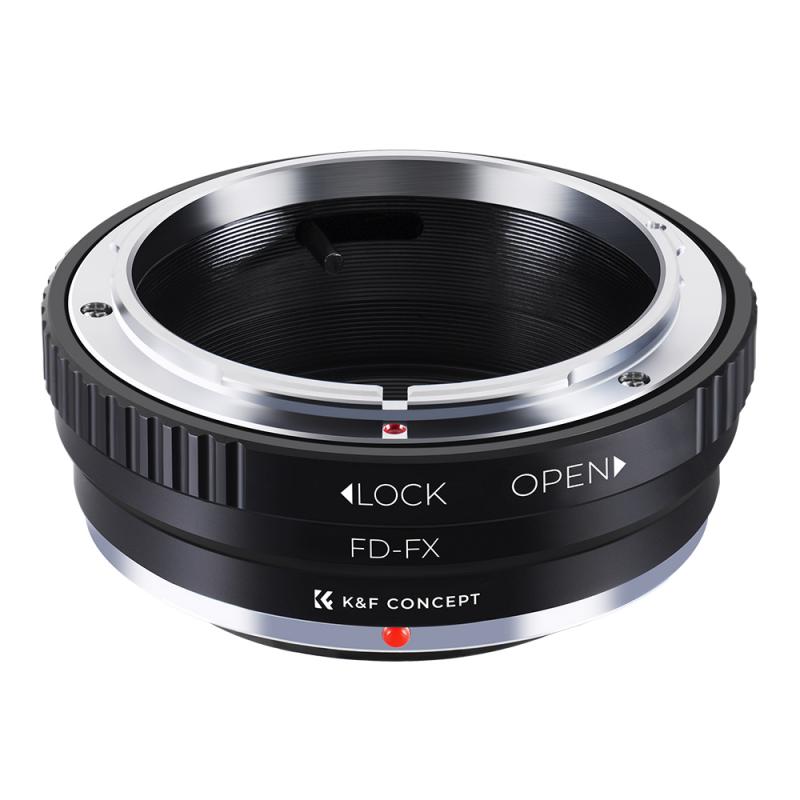
2、 Build Quality: Durability and construction of Canon FD lenses.
Canon FD lenses are highly regarded for their build quality, making them a popular choice among photographers. The durability and construction of these lenses are exceptional, ensuring they can withstand the rigors of regular use.
Canon FD lenses are known for their solid metal construction, which gives them a robust feel and makes them resistant to wear and tear. The lenses are built to last, with high-quality materials used in their construction. This ensures that they can withstand the demands of professional use and continue to perform reliably over time.
Additionally, Canon FD lenses feature smooth and precise manual focus rings, allowing for precise control over focus. The aperture rings are also well-built, providing smooth and accurate adjustments. These features contribute to the overall user experience and make these lenses a joy to use.
It is worth noting that Canon FD lenses were designed for Canon's FD mount, which was replaced by the EF mount in the late 1980s. As a result, FD lenses are not directly compatible with modern Canon DSLRs without the use of an adapter. However, with the increasing popularity of mirrorless cameras, adapters are readily available, allowing photographers to use FD lenses on newer camera bodies.
In conclusion, Canon FD lenses are highly regarded for their build quality, durability, and construction. While they may require an adapter to be used on modern camera bodies, their solid construction and reliable performance make them a good choice for photographers looking for high-quality manual lenses.
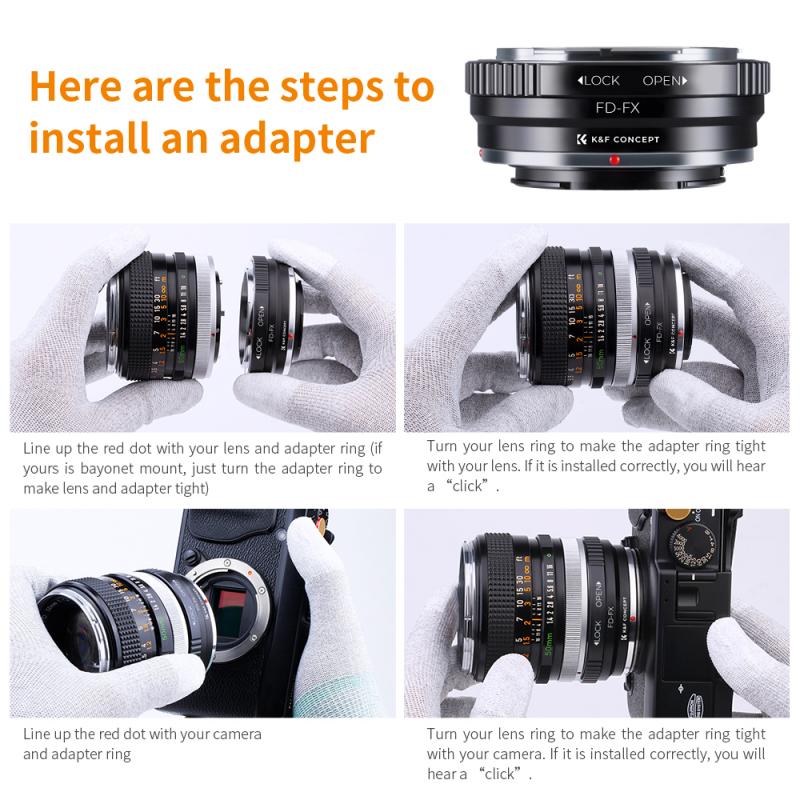
3、 Compatibility: Compatibility with modern camera systems and adapters.
Canon FD lenses were originally designed for Canon's FD mount film cameras, which were popular in the 1970s and 1980s. These lenses were known for their high-quality optics and solid build quality, making them highly regarded among photographers of that era. However, with the advent of autofocus and digital photography, the FD mount became obsolete, and Canon transitioned to the EF mount.
In terms of optical quality, Canon FD lenses are generally considered to be quite good. They often produce sharp images with good contrast and color rendition. Many photographers still use FD lenses today, either on vintage film cameras or with modern digital cameras using adapters.
Compatibility is a crucial factor to consider when using FD lenses on modern camera systems. While FD lenses cannot be directly mounted on modern Canon EF or RF mount cameras, there are adapters available that allow you to use FD lenses on various camera systems. These adapters enable manual focus and aperture control, but autofocus and electronic communication with the camera are not possible.
It's important to note that using FD lenses on modern cameras may have limitations. Some adapters may not provide full functionality, and there may be issues with vignetting, image quality, or compatibility with certain camera features. Additionally, the lack of autofocus can be a challenge for some photographers, especially in fast-paced shooting situations.
In conclusion, Canon FD lenses are generally considered to be of good quality, but their usability on modern camera systems depends on compatibility and the use of adapters. While they may not offer the same convenience as modern lenses, they can still produce excellent results in the hands of skilled photographers.
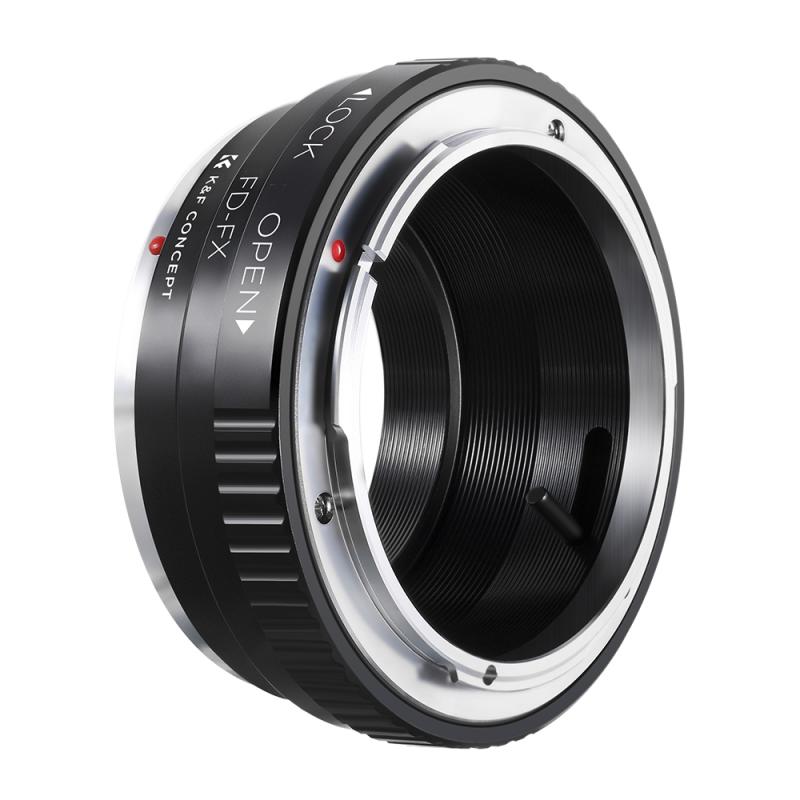
4、 Lens Options: Range of focal lengths and types available in Canon FD lenses.
Canon FD lenses were originally designed for Canon's FD mount film cameras, which were popular in the 1970s and 1980s. These lenses have a reputation for being well-built and producing high-quality images. They offer a range of focal lengths and types, providing photographers with a variety of options to suit their needs.
The image quality of Canon FD lenses is generally considered to be excellent. They are known for their sharpness, contrast, and color rendition. Many photographers still use these lenses today, even with modern digital cameras, by adapting them to fit newer camera mounts.
However, it's important to note that Canon FD lenses are manual focus lenses, which may not be suitable for all photographers. Some photographers prefer the convenience and speed of autofocus lenses, especially for fast-paced shooting situations.
Additionally, Canon FD lenses do not have electronic communication with modern camera bodies, so certain features like autofocus and image stabilization may not be available when using these lenses. However, there are adapters available that can provide limited functionality with certain camera systems.
In conclusion, Canon FD lenses are generally considered to be of high quality and capable of producing excellent images. However, their manual focus and lack of electronic communication may not be suitable for all photographers. It's important to consider your shooting style and needs before investing in Canon FD lenses.
